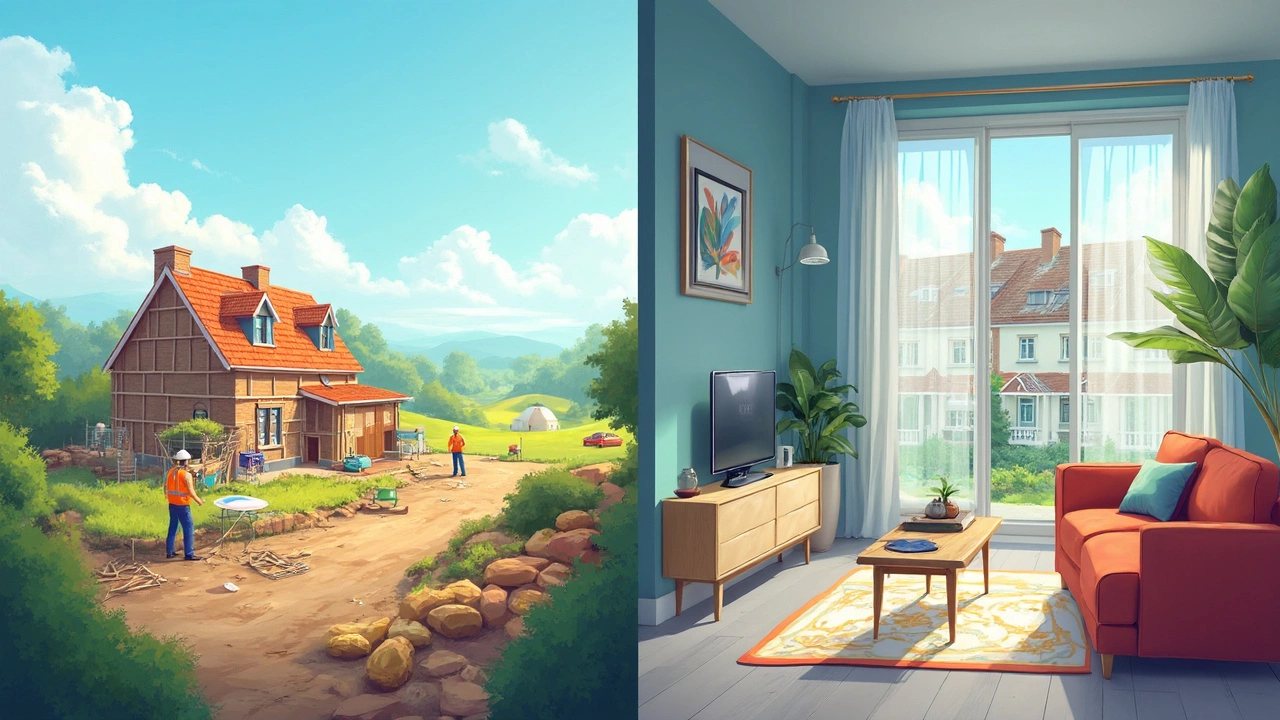Home Buying Tips & Essentials
Thinking about buying a house? You’re not alone. The web is full of advice, but most of it feels either too vague or too technical. Below you’ll get clear, down‑to‑earth steps you can start using today.
Budgeting and Financing Made Simple
The first thing to sort out is how much you can actually spend. Grab a calculator, list your monthly income, and then subtract all regular outgoings – rent, utilities, transport, groceries, and any debts. The leftover amount is what lenders will look at when they decide how much they’re willing to loan you.
Most banks suggest keeping your mortgage payment below 30 % of your gross income. If your leftover after expenses is £2,000 a month, aim for a mortgage payment around £600‑£650. Anything higher will squeeze your budget and make life stressful.
Don’t forget the upfront costs. You’ll need a deposit (usually 5‑20 % of the purchase price), plus stamp duty, legal fees, and a survey. Add a buffer of at least 5 % of the house price for unexpected repairs or moving expenses.
Inspections and Final Checks
Once you’ve found a property you like, the next step is a thorough inspection. A basic survey can spot major structural issues – think cracks in walls, damp, or a faulty roof. If the survey raises red flags, you can ask the seller to fix them or negotiate a lower price.
Don’t skip the DIY checks either. Walk around the house and look for signs of water damage, test light switches, and listen for odd noises in the plumbing. These small observations can save you thousands later.
When the seller accepts your offer, you’ll need a solicitor or conveyancer to handle the legal side. They’ll make sure the title is clear, check for any planning restrictions, and transfer the money on the day you move in.
Finally, schedule a “final walk‑through” a day before completion. This is your chance to confirm that everything agreed upon is still in place – no new damage, everything works, and the property is clean.
Buying a home doesn’t have to be a headache. Break the process into these bite‑size steps, stay organized, and you’ll feel confident making one of the biggest financial decisions of your life.
Need help with any of these steps? Our team at McNeil Plumbing & Construction Services can give you practical advice on inspections, repairs, and even finding reliable tradespeople. We’re here to make your home buying journey smooth and stress‑free.

